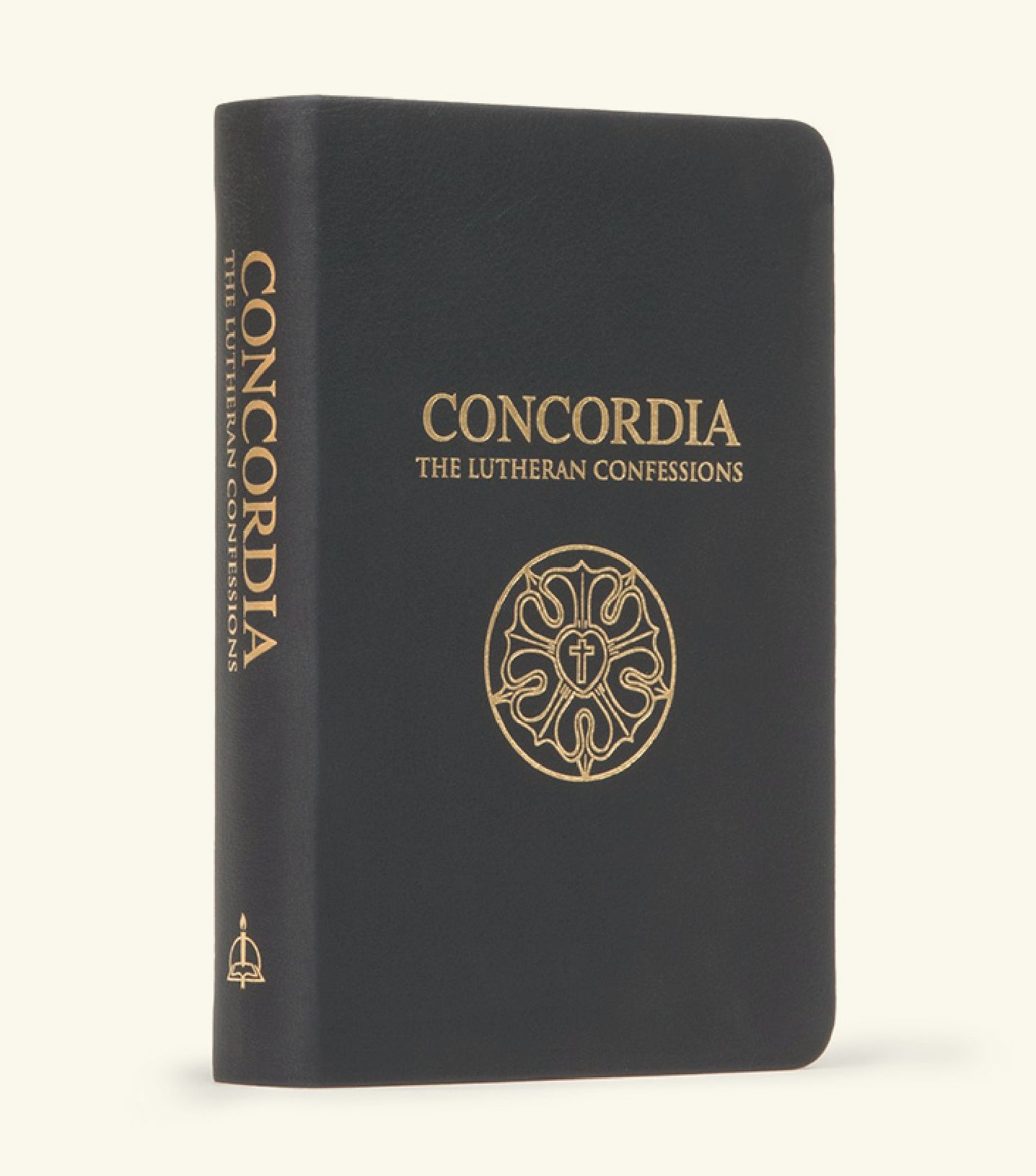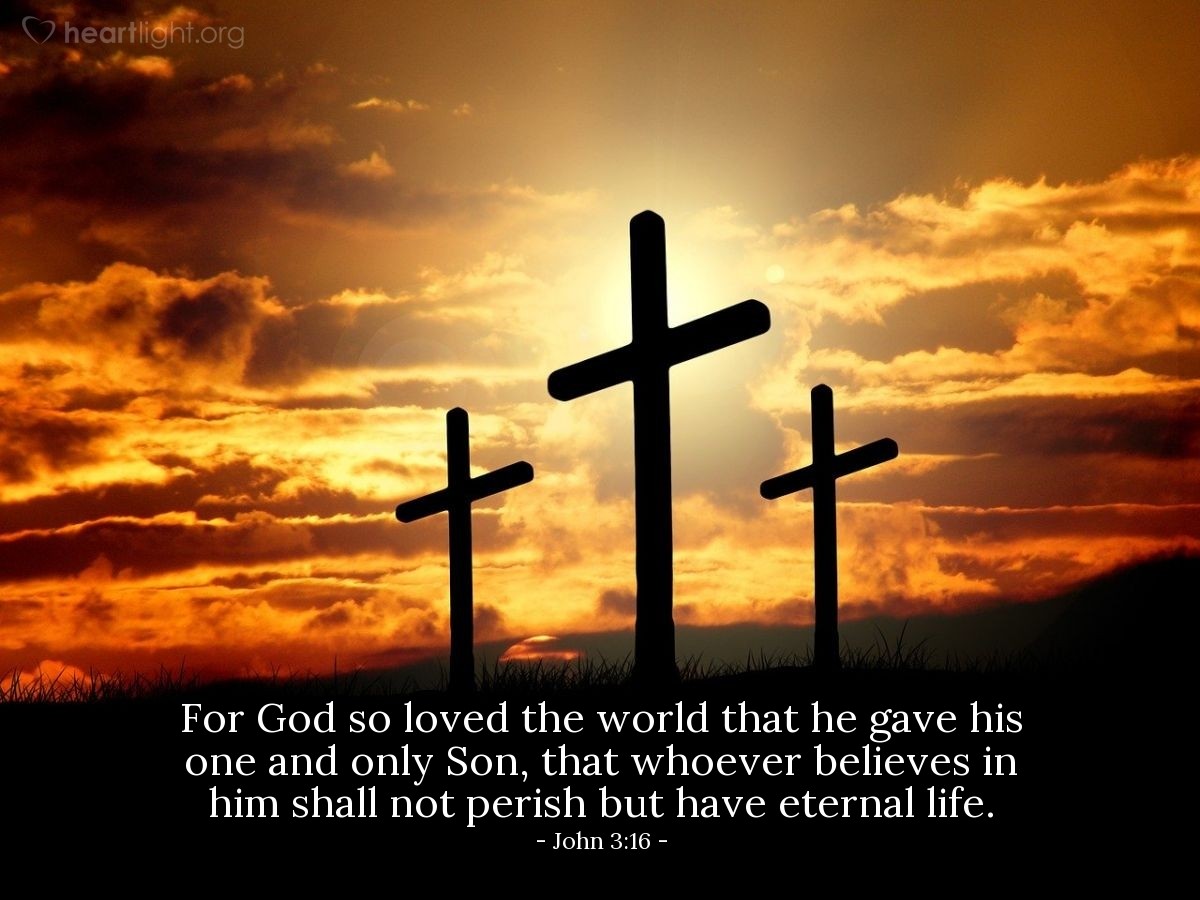What do we believe?
We believe Jesus Christ has paid for the sins of the whole world, including yours. Thus, God is at peace with you and with me. Because Jesus has given His life for us in this way we trust Him. He affirmed the authority of the Bible and the Bible points to Him. Thus we believe the Bible is the verbally inspired and inerrant (without error) Word of God. We desire that all of our doctrine and practice be in harmony with God’s holy Word.


The Book of Concord
We do not believe that we as individuals in this day and age are the only ones who can interpret the Bible correctly. In fact, we believe that others before us interpreted the Bible rightly. Thus, we confess the teachings of the three Ecumenical Creeds (the Apostles’ Creed, the Nicene Creed, and the Athanasian Creed) as being in agreement with the Bible.
In this way, we also recognize our continuity with the church of the past. We also fully accept the teachings of the Book of Concord (also known as Concordia—The Lutheran Confessions).
We believe that the Book of Concord is fully in agreement with the teachings of the Bible. In the Book of Concord, we confess the historic teaching of the Trinity, the Deity of Christ, original sin, justification through grace by faith, and the sacraments of Holy Baptism, Holy Absolution, and Holy Communion.
God’s Holy Word
Although our only source of authority is the Bible, God’s Holy Word, we recognize that traditions need not be in conflict with the Bible. Traditions are only sinful when they contradict God’s Word or they are put on a level with God’s Word. However, many traditions are quite helpful to the church.
Lutherans have historically kept as many of the ancient traditions as they could which did not violate God’s Word in order to show our continuity with the church of the past. To confess that there is “one holy Christian Church” we worship on Sunday not because God commands us to worship on Sunday but because it is a good ancient tradition (Acts 20:7, 1 Corinthians 16:2) which reflects the practice of the early Christian Church, and is a remembrance of Jesus' resurrection on Easter Sunday.

